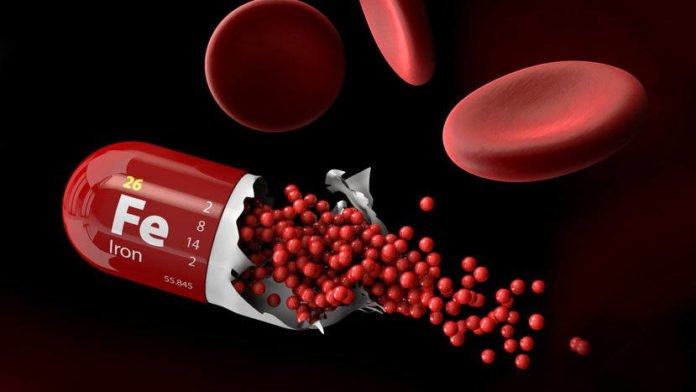According to a new study of cancer cells from the Chalmers University of Technology, Sweden, some iron compounds including ferric citrate and ferric EDTA increase the formation of a known biomarker for colon cancer. These compounds could worsen tumor formation in mice with colon cancer.
The study mainly focused on the effect of normal supplemental doses of these compounds on two types of cultured human colon cancer cells. As an examination, they additionally estimated the impacts of ferrous sulfate, another ordinarily accessible iron compound.
They found that ferrous sulphate had no effect. But at low doses. both ferric citrate and ferric EDTA could increase in cellular levels of amphiregulin, a biomarker for cancer.
Ferric sulphate is one of the most common, but ferric citrate, which is said to be gentler for the stomach, is also widely available in stores and online. It is also more easily absorbed by the body through foods such as granary bread, beans, and nuts.
But for consumers looking to make an informed choice, it can often be difficult to know what exactly they are buying.
Ferric EDTA is approved as a fortifying agent in both the USA and the EU. It is also used in countries such as China, Pakistan, Brazil, Mexico and The Philippines, where it is added to flour and powdered drinks. Additionally, it is present in certain medicines for children with low iron levels in countries such as the UK and France.
Nathalie Scheers, Assistant Professor at Chalmers University of Technology, and lead writer on the study said, “We can conclude that ferric citrate and ferric EDTA might be carcinogenic, as they both increase the formation of amphiregulin, a known cancer marker most often associated with long-term cancer with poor prognosis.”
“Many stores and suppliers don’t actually state what kind of iron compound is present – even in pharmacies. Usually, it just says ‘iron’ or ‘iron mineral’, which is problematic for consumers.”
With both ferric citrate and ferric EDTA in widespread use, how should consumers or patients relate to these new findings?
Nathalie Scheers suggest, “First, we must bear in mind that the study was done on human cancer cells cultured in the laboratory since it would be unethical to do it in humans. But, the possible mechanisms and effects observed still call for caution. They must be further investigated.”
“At the moment, people should still follow recommended medical advice. As a researcher, I cannot recommend anything – that advice needs to come from the authorities. But speaking personally, if I needed an iron supplement, I would try to avoid ferric citrate.”
The study was recently published in the journal Oncotarget. The study authors include Nathalie M. Scheers, Dora I.A. Pereira, Nuno Faria and Jonathan J. Powell.
